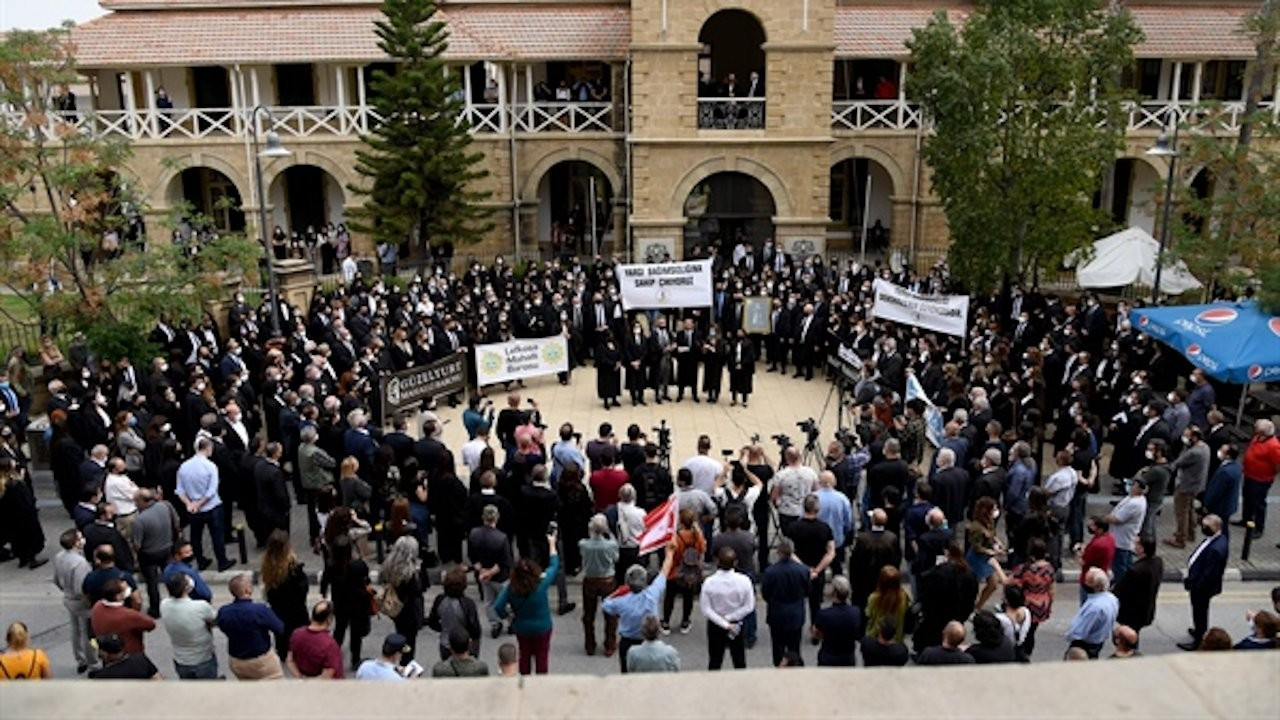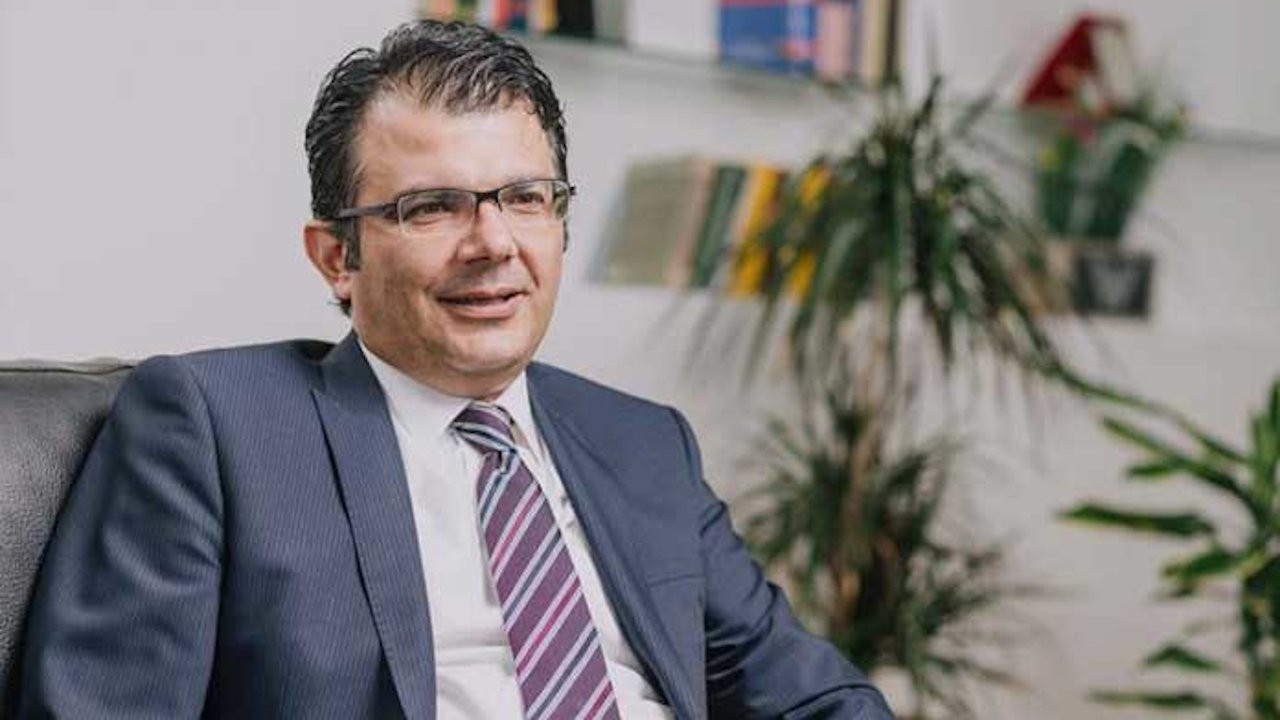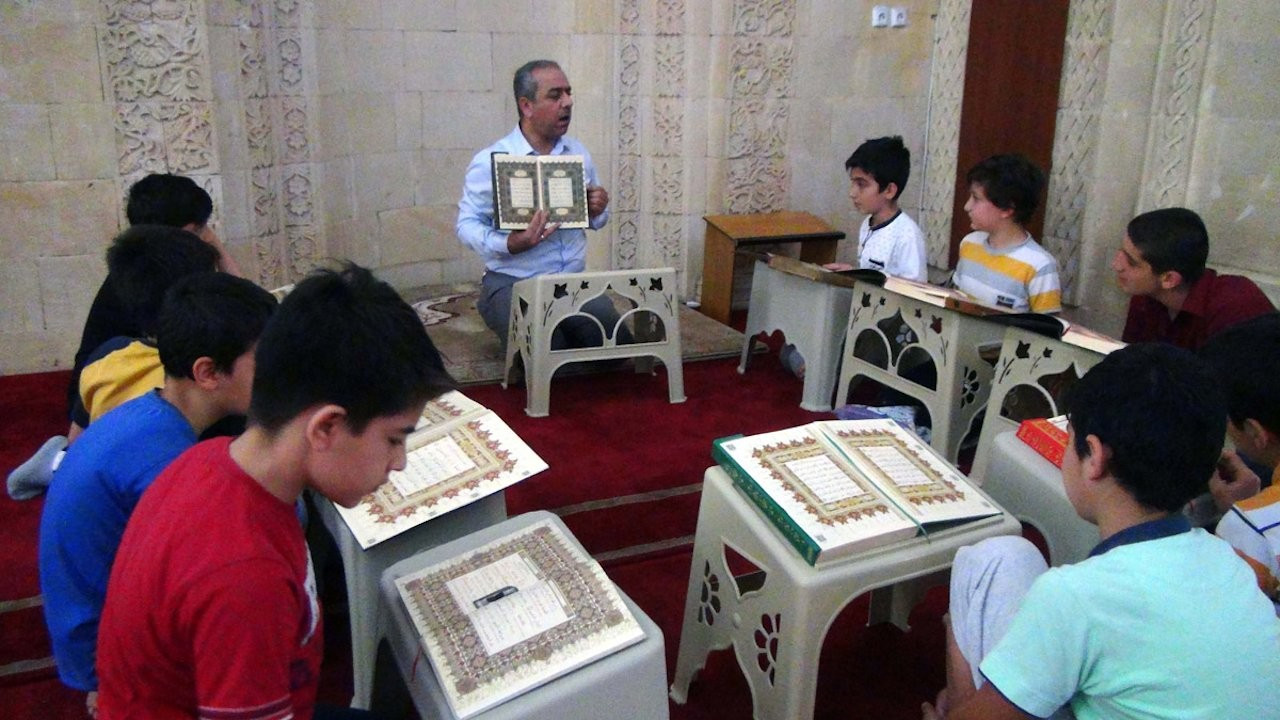Turkish Cyprus leader backs two-state proposal for UN talks
Turkish Cypriot President Ersin Tatar has said that he backs a two-state solution to the conflict. "I'm going there [Geneva] to put forth my new vision. My new vision is two sovereign states living side-by-side in a good, neighborly relationship, to cooperate in any way, to promote welfare for all Cypriots," Tatar said.
Reuters
Turkish Cypriot leader Ersin Tatar said he hopes his proposal for a two-state solution to the island's conflict will bring a "new vision" to United Nations-led talks this week, despite its prior rejection by Greek Cypriots.
The United Nations is hosting informal talks starting on April 27 over Cyprus, which was split between a Greek Cypriot south and a Turkish Cypriot north in 1974. It has invited the island's two communities and foreign ministers of the three guarantor nations - Turkey, Greece and Britain - to attend.
Previous talks on reunification under a federal umbrella, as called for in U.N. resolutions, have failed. Turkish Cyprus has since called for a two-state solution, but Greek Cypriots - who form the island's internationally recognized, EU member government - reject this as it implies Turkish Cypriot sovereign authority.
In a Skype interview with Reuters, Tatar, president of Turkish Cyprus, which is only recognized by Turkey, said more than 40 years of talks on a federal system had been unsuccessful and a more "realistic" approach was needed.
"I'm going there [Geneva] to put forth my new vision. My new vision is two sovereign states living side-by-side in a good, neighborly relationship, to cooperate in any way, to promote welfare for all Cypriots," Tatar said.
"When I say two states, I obviously mean the recognition of the Turkish Cypriots. We are as sovereign as the Greek Cypriots."
The three-day Geneva meeting involves informal talks to see if common ground can be found to move into formal negotiations. Tatar has rejected an EU request to attend as an observer, saying it could not be objective due to the Greek Cypriots' EU membership.
If the Greek Cypriot side rejects the two-state formula, Tatar said he would continue to make the case, together with Ankara, for the sovereignty of the Turkish Republic of Northern Cyprus (TRNC).
Lingering issues
While the Cyprus conflict has stoked wider tensions between NATO members Turkey and Greece and complicated energy exploration in the eastern Mediterranean, it has also led to disputes on the island.
In February 2020, Greek Cypriots announced the temporary closure of four checkpoints over COVID-19, the first such move since crossings between the two sides were eased in 2003 after decades of estrangement. Both sides have imposed varying health requirements for passage.
Tatar said he had delegated a negotiator to discuss the operation of the crossings with Greek Cypriots through the U.N., adding that he believed they should reopen soon if the parties show a "positive attitude."
The two sides have also been at odds over the Turkish Cypriots' decision last year to partially reopen the beach town of Varosha, whose 39,000 Greek Cypriot residents fled in the second wave of an invasion mounted by Turkey in 1974 triggered by a brief Greek-inspired coup.
Tatar said nearly 150,000 visitors had been to Varosha since October, and it was pointless to keep the town closed if there was no realistic prospect of resolving the conflict.

 Turkish Cypriot lawyers slam Ankara for undermining judicial independence in Quran courses caseDiplomacy
Turkish Cypriot lawyers slam Ankara for undermining judicial independence in Quran courses caseDiplomacy Turkish Cypriot MP to Ankara: Turkish Cyprus is not your provinceDiplomacy
Turkish Cypriot MP to Ankara: Turkish Cyprus is not your provinceDiplomacy Turkish Cypriot leaders rule out ban on Quran courses following Erdoğan's harsh remarksDiplomacy
Turkish Cypriot leaders rule out ban on Quran courses following Erdoğan's harsh remarksDiplomacy